ARMY
SENEGAL – End of sweep operations launched in Casamance
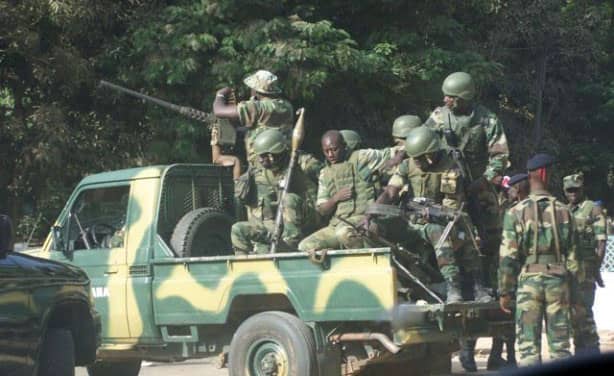
The sweep is now complete. Since 30 May 2021, the Senegalese army had pledged to dismantle the rebel bases of the Movement of Democratic Forces of Casamance (MFDC). A security operation that ended on Monday, June 14, 2021, with the hope of seeing the inhabitants of these localities come back in the grip of the independence rebellion since the 1980s. To everyone’s surprise, there were no casualties according to the Senegalese army. The enemies preferred to flee and abandon their bases under the threat of the “Jambaars” (the valiant: nickname given to the Senegalese army).
The inhabitants of Casamance can now breathe and thank the Senegalese army which combed and secured the area in fifteen days. Since 30 May, rebel bases have been dismantled to allow people to live in peace.Areas such as Ahinda, Badem, Bagam, Bouniack, Djileor were secured by the Senegalese military under the command of Colonel Souleymane Kandé, commander of Military Zone 5. The latter recalled the difficulties faced by the populations under the occupation of armed groups of the MFDC. “A number of abuses have been perpetrated against the populations in this area and the armed gangs are simply seeking to secure exclusive exploitation of forest resources.” ,” he said.
The military operation went without casualties. According to the Senegalese army, the enemies abandoned their bases despite the resistance sometimes. After an intense clash, the enemy gave up the ground and left behind anti-tank weapons rockets such as the B10, five anti-personnel mines, five AK47, etc.”, said Lieutenant-Colonel Clément Hubert Boucal at the head of the Bravo team, in the Bagam area. This operation aims to strengthen border control with Guinea-Bissau in the south.
Note that Casamance, separated from northern Senegal by the Gambia, is the scene of one of the oldest conflicts in Africa since the independence movement, organized in a movement called MFDC, took up arms to demand independence after the repression of a march in December 1982. The conflict has claimed thousands of lives, not to mention its impact on the national economy. The clashes intensified in 2018 with the massacre of 14 men by rebels in Ziguinchor, in the Bofa-Bayotte forest.
ARMY
SENEGAL – Armament: The Chinese giant Norinco is established and is about to sign a contract of more than 27 billion FCFASENEGAL –
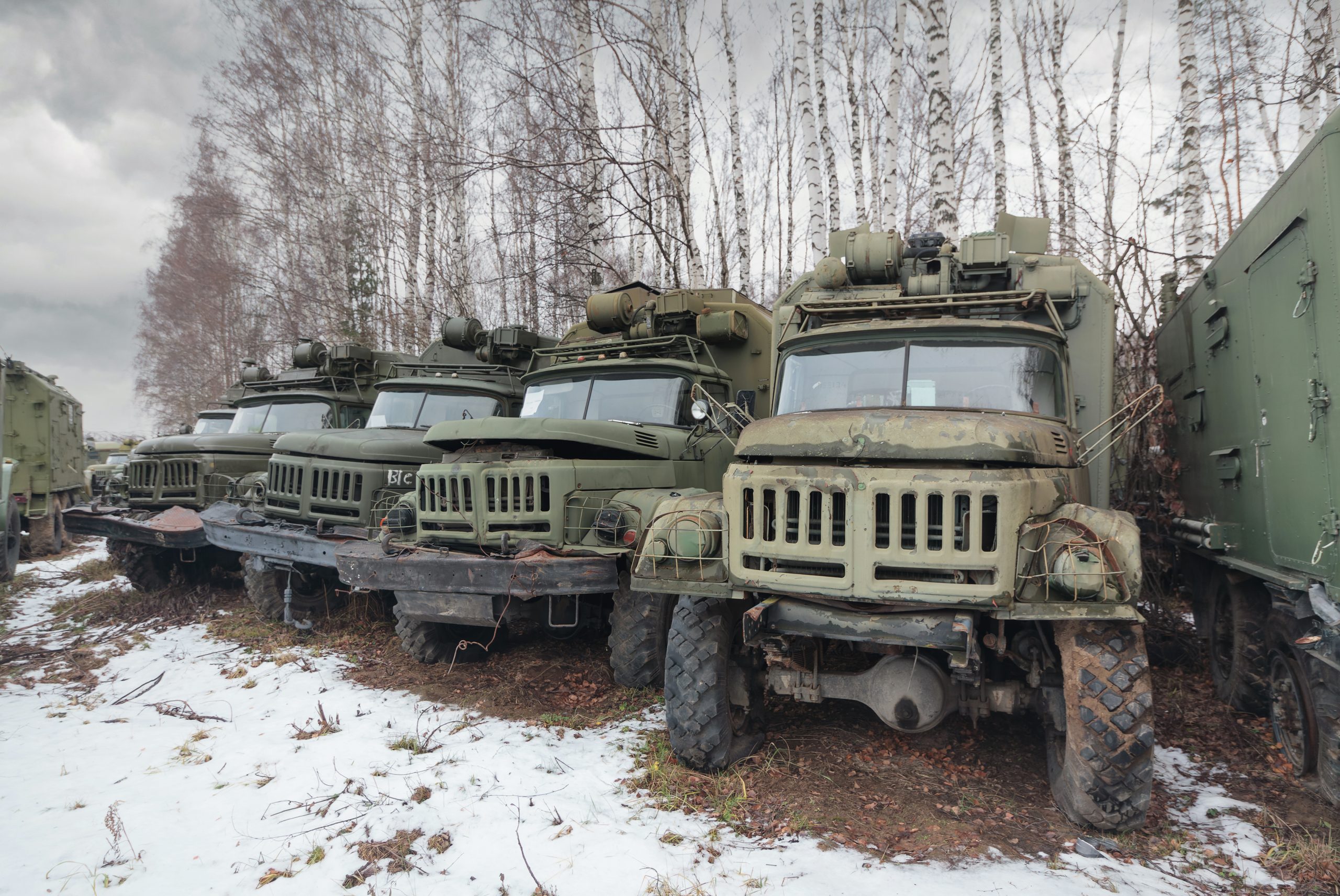
The Senegalese gendarmerie wants to strengthen its armament. It is about to sign with China, through the Norinco group, which has established itself in Senegal, a contract to the tune of 45 million dollars or 27,318,489,030 F CFA for the acquisition of Golden Eagle CR500 propeller drones in August. This is in the context of reconnaissance and possibly attack missions. These drones can also carry weapons.
Negotiations have accelerated between Norinco te and the national gendarmerie. Even better, the project is in the finalization phase. A new report from “Défense Military Africa” reports that the Chinese public defense conglomerate Norinco has opened a sales office in Dakar, challenging French and Russian arms suppliers.
According to the publication of “Défense Military Africa”, Norinco also aims to establish itself in Mali and Ivory Coast, countries where the Chinese military entrepreneur is already present on the market through the sale of weapons.
ARMY
NIGER – No military deployment after West African ultimatum expires

No troop deployment was observed Monday morning in Niger, where calm reigned in the capital, the day after the expiration of a West African ultimatum demanding the return to constitutional order after a coup, under pain of the use of “force”.
If the chiefs of staff of the Economic Community of West African States (ECOWAS) drew the “contours” of a possible armed intervention in Niger, this one was not automatically triggered at the end of the ultimatum which ended Sunday 06 August 2023 at 22:00 GMT.
An immediate military intervention to restore President Mohamed Bazoum is not envisaged at this stage, according to a source close to ECOWAS. A summit of the leaders of its member countries will take place in “the coming days” to decide, she added.
In spite of the fact that the perpetrators of the coup d’état have not been accepted to date, dialogue seems to be still on the table. The Malian army announced on Monday the sending to Niamey of a joint official delegation Mali/ Burkina Faso, to “testify of the solidarity of the two countries to the brother people of Niger” with the perpetrators of the coup.
Burkina and Mali, neighbors of Niger, also governed by military and also confronted with the violence of jihadist groups, have stressed in recent days that an armed intervention would be “a declaration of war” to their two countries.
Sunday evening, shortly before the end of the ultimatum issued a week earlier by ECOWAS,
the Nigerien military announced to close the country’s airspace “until further notice”. They invoked a “looming threat of intervention from neighbouring countries” assuring that “any attempt to breach airspace” will result in “an energetic and instantaneous response”.
The National Council for the Safeguarding of the Fatherland (CNSP, the body of the military in power) also said that a “pre-deployment for the preparation of the intervention was made in two Central African countries”, without specifying which and adding: “Any state involved will be considered cobelligerent”.
The CNSP has once again attacked France without naming it, warning ECOWAS, which it judges “in the pay” of a “foreign power, against any interference in the internal affairs of Niger, as well as the disastrous consequences of this military adventure on the security of our sub-region”.
Calm in Niamey
Other African voices have spoken out in recent days against any military intervention. Senators from Nigeria, a heavyweight of ECOWAS, called for strengthening “the political and diplomatic option”, and Algeria, another neighbor of Niger and a major player in the Sahel, said through the voice of its president Abdelmadjid Tebboune that an intervention would be an “direct threat” to his country.
And on Monday, Italian Foreign Minister Antonio Tajani said “hope” that the ECOWAS ultimatum would be “extended”. It is not said that we will not find a solution that is not war,’ he said in an interview with the daily La Stampa.
On Monday morning, Niamey awoke in the calm following a show of strength by some 30,000 military supporters who gathered in Niger’s largest stadium in the capital. Flags of Niger, but also of neighboring Burkina or Russia, were brandished, France and Ecowas booed, members of the CNSP came on the spot acclaimed by the crowd.
General Mohamed Toumba, number three of the CNSP, spoke to denounce those “who are lurking in the shadows” and “plotting subversion” against “the march forward of Niger”. President Mohamed Bazoum, who was overthrown on 26 July, has been held prisoner ever since. On Sunday, the Minister of Mines, Ousseini Hadizatou, was released “for medical reasons”, said Monday a member of his entourage. But according to a source close to the party of the ousted president, “all other personalities, ministers and political leaders arrested are still detained”.
The coup that overthrew President Bazoum, a privileged ally of France and the United States, who deploy 1,500 and 1,100 soldiers respectively in the fight against the armed jihadists who undermine Niger and the region, has been strongly condemned in most African countries and elsewhere in the world.
France, a former colonial power in West Africa, increasingly vilified by the supporters of the military who took power in Niamey, Bamako and Ouagadougou, hammered over the weekend its support for ECOWAS’s efforts to bring down the “attempted coup” in Niger.
ARMY
NIGERIA – Curfew established after new attacks in central Nigeria

A curfew was set on Sunday in an area in central Nigeria after further attacks between communities that killed at least nine people, the authorities said.
The district of Mangu, in the Plateau State, has been in the grip of serious violence for two months between farming communities and pastoralists who have killed more than 200 people.
On Sunday, armed men again attacked several villages in the district, killing at least nine people in a “retaliatory” attack, regional military spokesman James Oya told AFP. The murder toll was confirmed by a community official, Jerry Datim. “So far, we have found nine bodies, we continue to search because some people are still missing,” he told AFP.
Two days earlier, on Friday, eight ranching villages were attacked, where 15 people were killed, Nuru Abdullahi, president of the Miyyeti Allah Livestock Association of Nigeria (MACBAN), told AFP. Mr. Abdullahi blamed the attacks on a local self-defence militia set up by the Plateau authorities, known as “Operation Rainbow”.
The coordinator of this paramilitary group, Sitdang Mungak, denied the accusations, telling AFP that none of the AFP agents were involved in the violence. For his part, the army spokesman, Mr. Oya, indicated that he was still in the process of confirming the details of this attack, without confirming it. To counter this violent outburst, the governor of the State of Plateau, Caleb Mutfwang, imposed a total ban on movement in the area.
Travel in the Mangu district “has been prohibited until further notice, with the exception of security personnel and persons performing essential functions,” said Gyang Bere, spokesman for the Governor of Plateau State, in a statement.
The regions of north-west and central Nigeria are regularly the scene of deadly tensions and conflicts around the exploitation of land and water resources between communities of farmers and pastoralists, worsened in recent years by demographic pressure and climate change.
The chain of murders followed by reprisals in the region has led to a wider crime with gangs carrying out targeted expeditions to villages, where they kill inhabitants by the dozens, carry out looting and kidnappings for ransom. These abuses are one of the many security challenges facing President Bola Tinubu as head of Africa’s most populous country and the continent’s largest economy.
-

 EAST AFRICA1 year .
EAST AFRICA1 year .TANZANIA – President meets with Chairman of the Board and CEO of the Merck Foundation
-

 CULTURE1 year .
CULTURE1 year .AFRICA – African writers and artists celebrate the 20th anniversary of the African Union
-
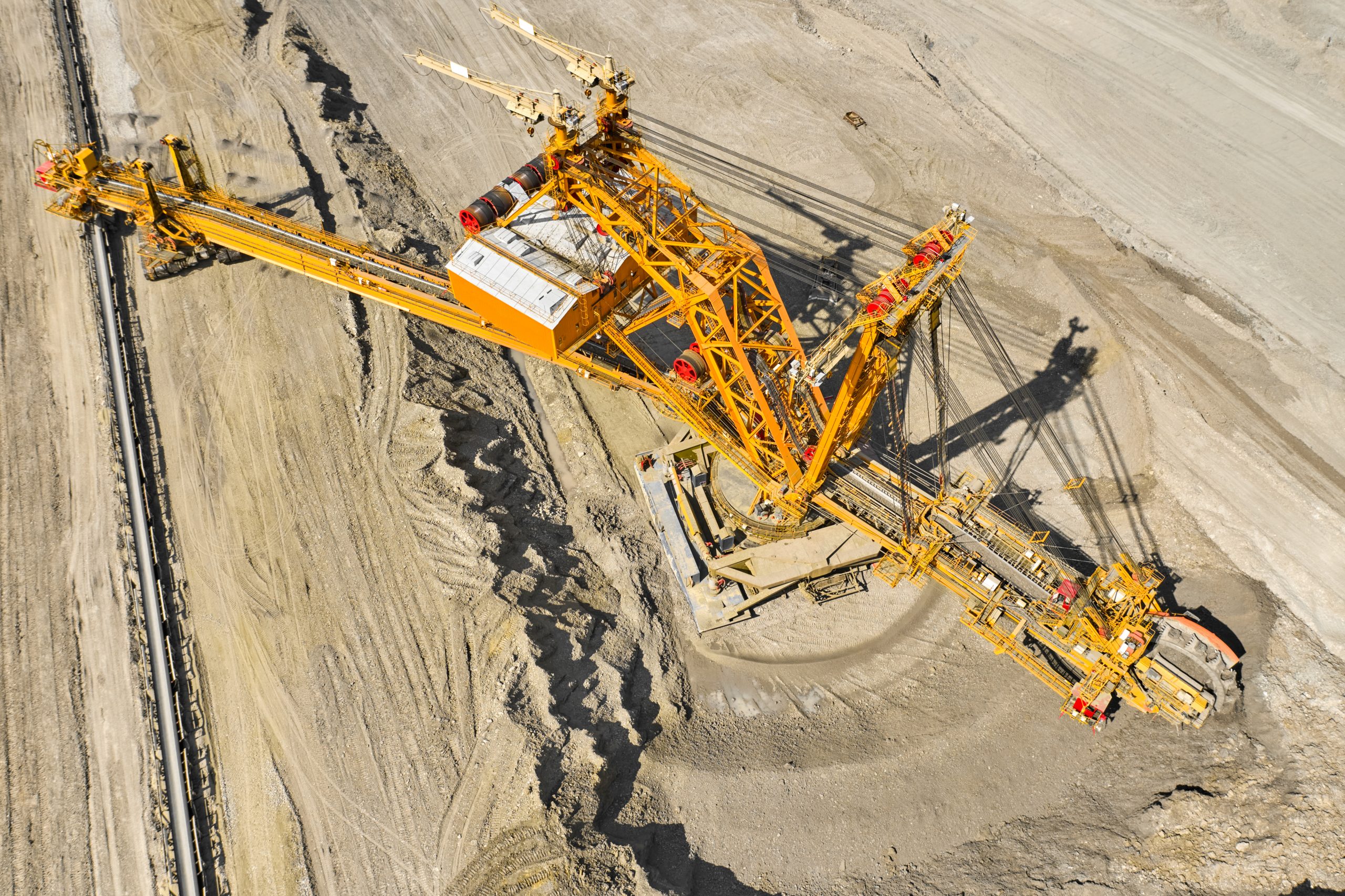
 BUSINESS8 months .
BUSINESS8 months .GUINEA – Authorities demand repatriation of mining revenues
-

 CULTURE1 year .
CULTURE1 year .SENEGAL – Massamba Guèye wants to democratize the story
-
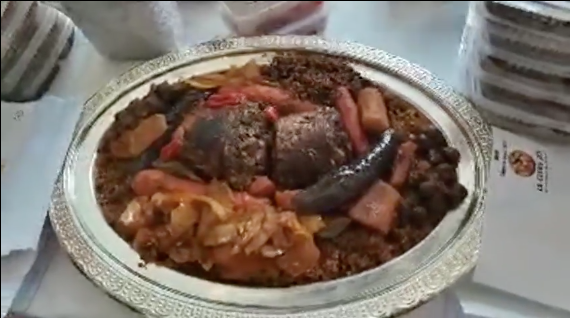
 CULTURE2 years .
CULTURE2 years .SENEGAL – Thiéboujeun inscribed on the World Heritage Site
-
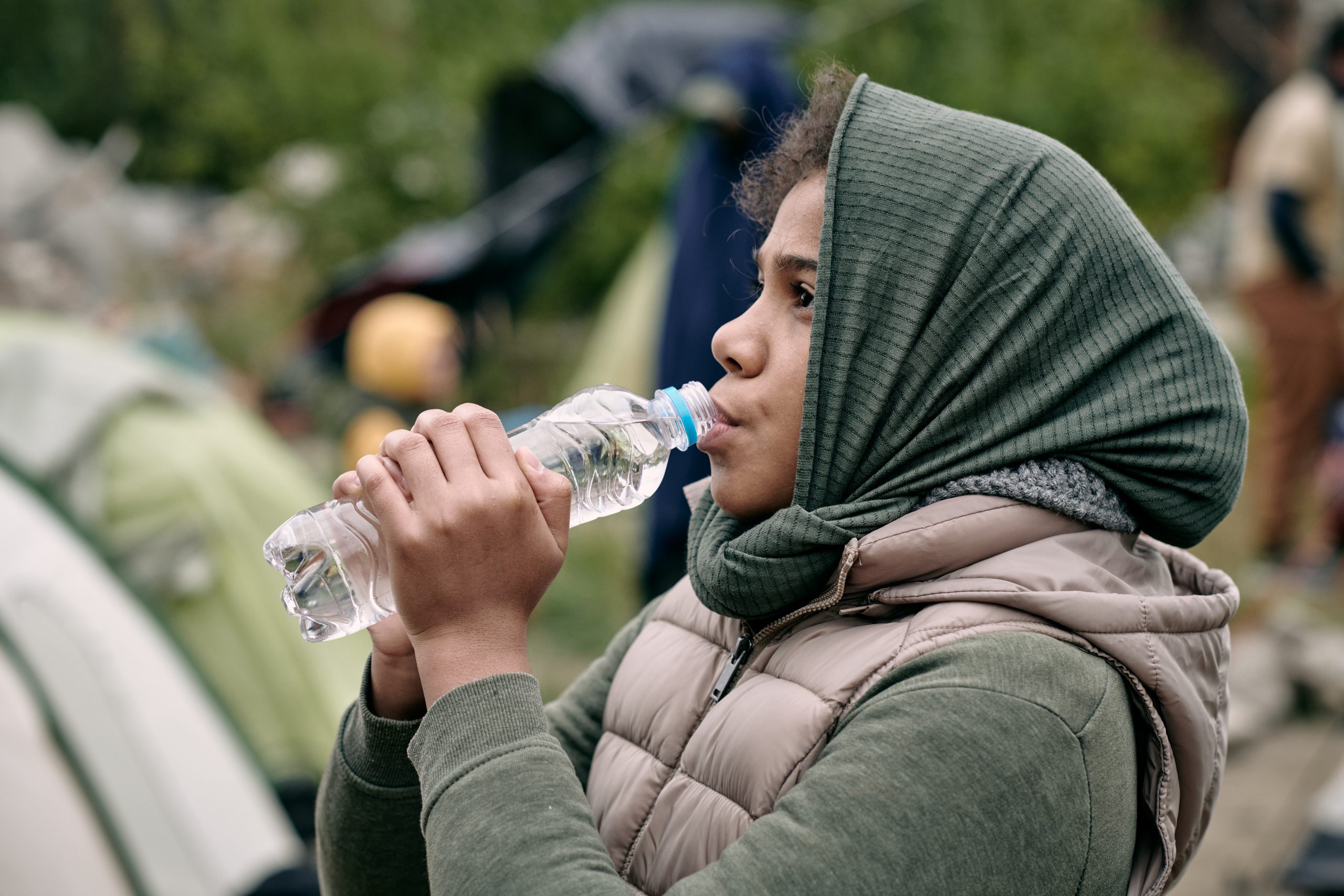
 IMMIGRATION9 months .
IMMIGRATION9 months .AFRICA – Migrant smuggling brings 59 billion CFA francs to smugglers per year
-

 CULTURE3 years .
CULTURE3 years .SENEGAL – “Sadik Lady” by Viviane Chidid
-
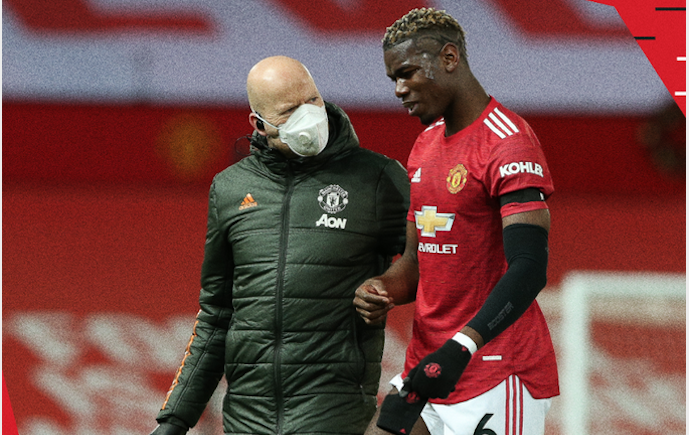
 A LA UNE3 years .
A LA UNE3 years .GUINÉE: Manchester United: Paul Pogba absent several weeks



